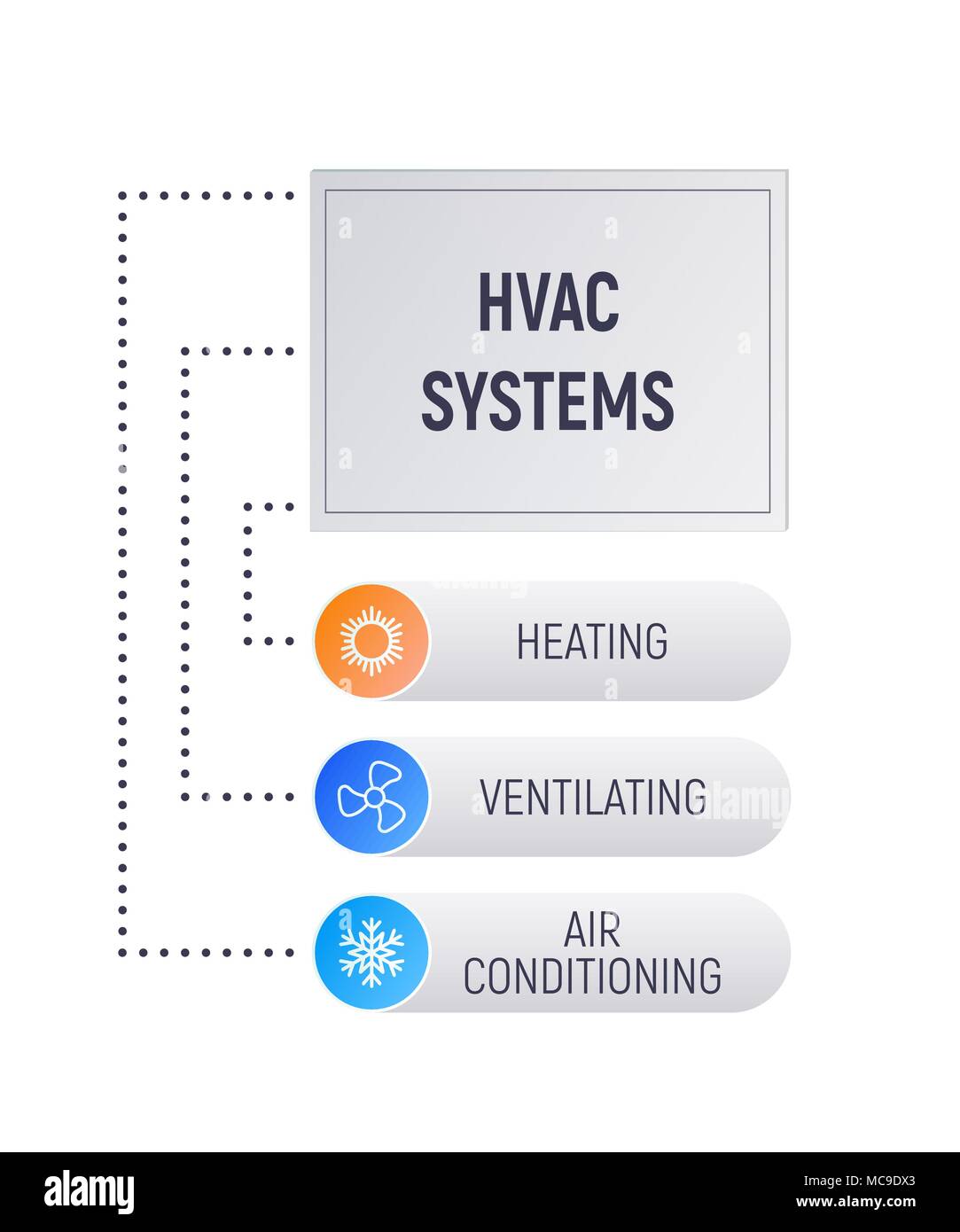Exploring The Ecological Benefits Of Warmth Pumps - A Sustainable Heating Remedy
Exploring The Ecological Benefits Of Warmth Pumps - A Sustainable Heating Remedy
Blog Article
Post Author-Long Borup
In an age where sustainability and power performance are vital, several services seek eco-friendly heating solutions. One such service is the heat pump.
A heat pump draws out the heat in its surroundings and pumps it right into your home, causing among the most efficient environment-friendly main heater around. This procedure additionally generates absolutely no greenhouse gas discharges, making it a highly lasting innovation.
Energy Performance
Heatpump are very energy efficient and need little upkeep. They utilize much less power than other heater and are without a doubt the most environmentally friendly. They work well with roof solar and can usually pay for themselves in energy financial savings alone.
install heat pumps can additionally give cooling, which is wonderful for garage workshops, attic room hangouts and perk spaces, and home additions without prolonging the existing ductwork. They can also be utilized for retrofits in existing homes with hydronic (water-based) distribution systems such as reduced temperature radiators or radiant floorings.
Seek models with SEER and HSPF scores that satisfy or go beyond Canada's minimum criteria, along with the criteria in your region. Higher ratings indicate greater performance, which conserves you cash in the future and lowers your carbon footprint. You may even receive refunds and rewards! The very best devices are those with a ground heat exchanger for included effectiveness. These units can absorb thermal power from the ground throughout the winter months and extract it in the summer.
Decreased Greenhouse Gas Emissions
Heat pumps operate on electrical power and basically move heat from the air, also when it's cold exterior. They have the ability to remove the cost-free warm entraped in air particles and relocate them inside, minimizing humidity while doing so.
Contrasted to gas heating systems, contemporary heatpump use less than one kilowatt of power per kilowatt of home heating power they produce. This makes them one of the most energy reliable home heating option offered with a POLICE (Coefficient of Performance) of 4 or more. By reducing the demand for nonrenewable fuel sources, heat pumps help reduce greenhouse gas exhausts and reduce various other major air contaminants.
Structure decarbonization is a global essential, and the a/c market is a key chauffeur of that process. Whether wall mounted air conditioning unit making web zero dedications, plan manufacturers setting discharges limitations, or tenants demanding greener rooms, electric heat pumps are being recognized as an essential solution. They are a cost-effective means to decrease carbon exhausts by eliminating the demand for fossil fuels in buildings.
Flexibility
Heatpump can be utilized in several kinds of homes and structures-- with or without air ducts. They work with hot-water radiators, air-conditioning and programmable thermostats. They can replace heating systems or be installed in new houses. They can operate on photovoltaic panels, geothermal systems and even area heating sources like wastewater.
They're fantastic at delivering more warm per energy device. As an example, an air-source heat pump creates approximately 3 or even more heating units from each electricity device it consumes.
Getting one of the most from your heatpump will depend upon your environment area and top quality of insulation. Look for models with power STAR ratings and compare their SEER or HSPF specifications. In warmer climates, focus on SEER; in colder areas, think about a system with a higher HSPF ranking. Additionally, buy air conditioners near me securing and insulation to lower the tons on your heatpump. That will certainly enhance power performance and aid you reach your Internet Absolutely no goals quicker.
Biomass Boilers
Biomass boilers utilize wood pellets, chips or logs to develop warm and warm water. They are an excellent choice for off-grid homes or those who wish to leave the gas grid.
As a standalone furnace, biomass can offer sufficient energy to keep your home warm throughout the year without the regular warmth drop off of other sustainable technologies. They can also be used in conjunction with solar panels to maximise cost savings and take advantage of RHI payments.
A drawback of these systems is the ahead of time price and normal fuel deliveries. Commonly, pellets will certainly require to be blown into a gas shop making use of a vacuum cleaner system or they can be by hand fed into the boiler via a receptacle. Logs are usually self-sourced from neighboring forest or purchased wholesale. In addition to this, they need hand-operated loading and may need cleansing regularly.